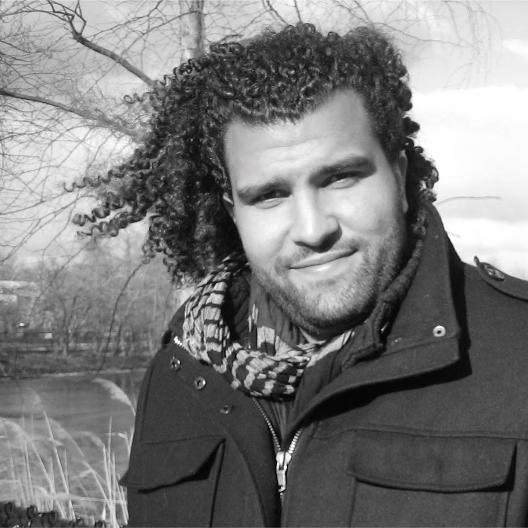About
I am an Assistant Professor of Sociology at Mount Holyoke College. I recently completed a postdoctoral research fellowship at Stanford University having earned a PhD in Sociology from UC Berkeley in 2018. I’ve spent much of the last two decades exploring the relationship between universities - the students and faculty which inhabit them - and political and social development around the world. My graduate work has been supported by the US Department of Education (Javits Fellowship) and the National Academy of Education (NAEd/Spencer Foundation). My recent work on the historical political economy of US higher education, "Association, Service, Market: Higher Education in American Political Development" (Stevens & Gebre-Medhin 2016), was published in The Annual Review of Sociology. In addition to pursuing my research agenda, I’ve taught undergraduate and graduate level courses in sociology, education, and science and technology studies. I was chosen as a D-Lab Founding Data Science Fellow for my work building a vibrant learning community focused on computational text analysis (CTA) and serving as the instructional lead for the CTA program for three years.
My manuscript in progress, titled Reengineering the American Elite: Tradition, Technology, and Transformation in Higher Education, received an Advance Contract from the University of Chicago Press. The project is focused on how status is contested, and how instability is managed, among elite universities in the organizational field of higher education. The empirical focus is on how Stanford, MIT, and Harvard produced and responded to the MOOC movement of 2012. Using observations and interviews with administrators, faculty, and staff associated with crafting MOOC strategy at these universities I evaluate how the rise of computer science, and computer scientists, is reshaping the culture of elite higher education.
Originally from Cambridge, MA, I spent much of the decade before graduate school in the Global South. My intellectual and personal interests in university students and civic life drew me toward substantive experiences in international youth non-profits in Eastern Europe, East Africa, and the Middle East. My passion for research and student civic participation began while completing research for my undergraduate dissertation, “The Development of Democracy in Eritrea”, for which I had my first fieldwork experience conducting interviews in Eritrea.

